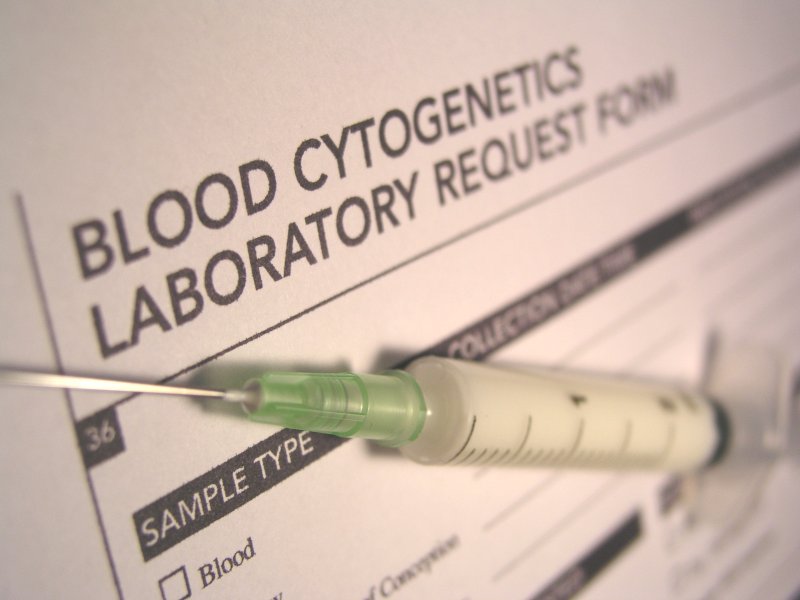
When you have any test done ask the person taking your blood or doing your x-ray how soon the result will be available and when your doctor will receive the result. Will the doctor receive a phone call, letter, or an email of the result?
Does the result involve a doctor examining the scan or tissue?
How often is this done? (e.g., twice a week only.) Obviously, this will involve some delay. But many tests require careful interpretation by a doctor. An x-ray or scan needs to be “reported”. This involves a specially trained doctor sitting down with your scan and checking it carefully. Perhaps they will need to compare this scan with one you have had before to see if anything has changed.
A blood test may need to be interpreted. This involves checking all the blood results you have had done to see if a recognisable pattern emerges… i.e., there is a problem in the liver or the kidneys for example.
All this takes time and care, and it helps to know this in advance.
Ring the receptionist and ask for a copy of the result to be sent to you or arrange to see the doctor to discuss the result.
And results can go astray for many reasons… they may fail to arrive from another department or the local hospital, be misread as normal when they are not, be misfiled in someone else’s notes…. the possibilities are endless.
Whatever you are advised you must see the written report. It is really not enough for the receptionist to say…. it was OK… What does that really mean?
The receptionist may be reluctant to give you a copy of the result. It is a common view that your notes are not your property but are ‘owned’ by the practice, hospital, or Health Authority. Strictly speaking that is true but the information in them is yours. Under the provisions of the Data Protection Act (1998) patients have a right to be provided with copies of information that is held about them. So, you may just have to be persistent!
If the test was normal and you still have the problem perhaps you need a different kind of test. Medicine is quite often a matter of elimination!
If your pain for example is not caused by one of the probable explanations, then the doctor will want to look for an alternative cause. It is not until one test is reported as normal that the next suggestion can be followed up.
Whatever happens do not presume that “no news is good news”. “No news” may be just no result at all. You can’t leave it at that. If you don’t get the result the test was not worth doing and wasted your time and that of the staff. So, make sure you find out what was reported and what happens next!
Even if the result is normal as we have said you may still need to know why you had the problem which prompted the test in the first place. And you may need another test to clarify things. Having a normal test result simply means that this test has not revealed an abnormality. If the problem persists your doctor may need to think further and clarify things in a different way. You may for example merit referral to a specialist who has more experience with this problem and is more knowledgeable about how to investigate it.
- DO NOT ASSUME THAT NO NEWS IS GOOD NEWS!
- YOU MUST ASK TO SEE ANY TEST RESULT YOURSELF